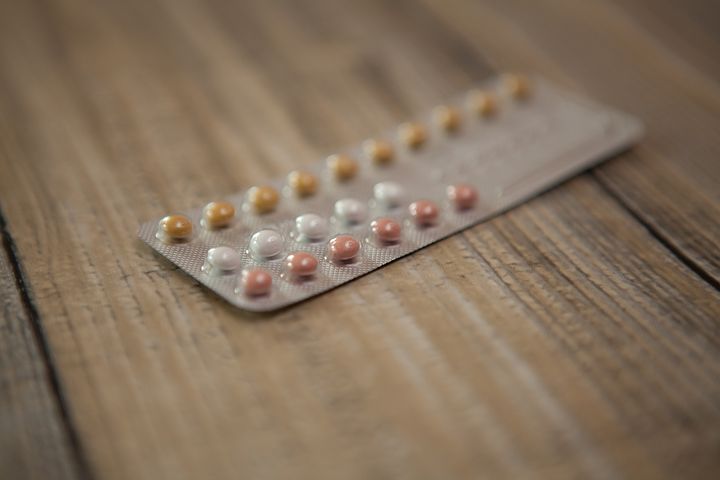Top things to remember when seeing acne patients:
- Expectations – remember acne is not just a disease of teenagers and can extend into adulthood, much more for females than males.
- It is very important to find out how much of a medication they are using and how frequently they are using it.
- Don’t make the treatment plan too complicated. I did this early on in my career and most patients don’t adhere. Keep the plan simple.
- Acne from the ages of 1-7 is an abnormal finding and an evaluation for an endocrinopathy is warranted.
- Maintenance is essential for the acne patient. If the patient is severe enough to need oral medications such as antibiotics or isotretinoin, there is good data to show the need for maintenance therapy afterwards. Maintenance medications include topical retinoids and benzoyl peroxide. Stress the idea of maintenance when seeing the patient.
- Continuing the idea of maintenance, in female patients, please consider oral contraceptives to treat acne. If you aren’t sure which oral contraceptive to use, start with those FDA approved for the treatment of acne. Be sure to review side effects of such medications and if you are not willing to prescribe these medications, work with the gynecologist to select a form of contraception that has a better chance of helping the acne. I will sometimes give a list of my “favorite” contraceptives to the patient for their visit to the gynecologist when the patient prefers to get medication from them.
- Spironolactone is also a great way to provide maintenance for female patients and is best used in combination with oral contraceptives. Spironolactone is a pregnancy category C by the FDA. I perform an in office pregnancy test prior to giving prescriptions for this medication. Electrolyte monitoring for these patients varies from provider to provider. At minimum check after the first month of use and with any increase in dose.

